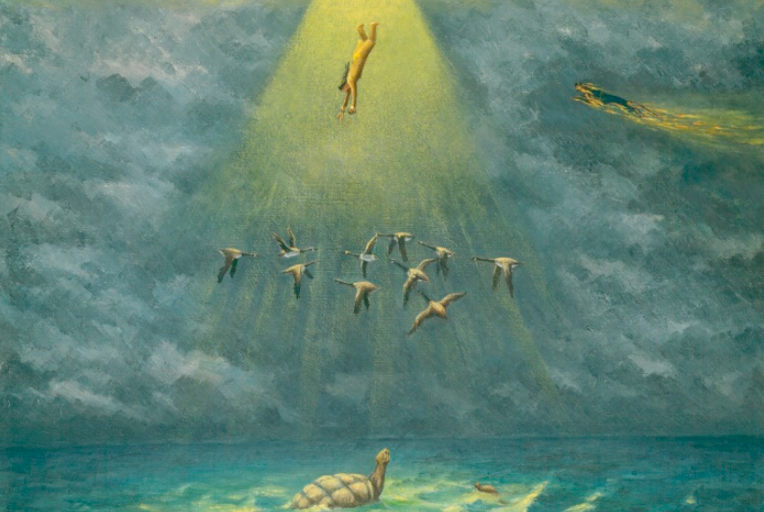(Conversation recorded on December 23rd, 2022)
Show Summary
On this episode, Jodi Archambault, a member of the Hunkpapa and Oglala Lakota tribes, joins the podcast to share her experiences as an activist, government official, and someone who has lived amidst many cultures. While this podcast is primarily dominated by a western and US point of view, there is a huge variety of perspectives and social models we neglect and can learn from. The many different indigenous tribes within the North American continent each have a unique viewpoint and are widely recognized as leading lives that are more in tune with the Earth – known to the Lakota people as Grandmother Earth. Can we learn to respect nature not as things to be exploited and used, but rather as living relatives that are too sacred to be sold?
About Jodi Archambault
Jodi Archambault is currently the Director of Indigenous Peoples Initiatives at Wend Collective, a social impact fund working across sectors to create positive change. Prior to joining Wend, Ms. Archambault was a Policy Advisor at Sonosky, Chambers & Sachse, a national Native American rights law firm. Between 2009 and 2015, she was a political appointee for President Barack Obama. During her tenure in the Obama Administration, Ms. Archambault served as the Special Assistant to the President for Native American Affairs on the White House Domestic Policy Council. Ms. Archambault holds a Bachelor of Arts in Government and Native American Studies from Dartmouth College and a Master of Public Policy from the University of Minnesota’s Humphrey School of Public Affairs. She is an enrolled member of the Standing Rock Sioux Tribe.
Show Notes and Links to learn more:
00:45 – Jodi Archambault works + info
03:00 – Lakota
04:35 – Indigenous connection to place
06:19 – 574 Federally Recognized US indigenous nations
06:47 – Turtle Island
06:59 – Ojibwa Turtle Island Folklore
08:18 – How trees are related to each other, fungi related to trees, and animals related to it all
09:21 – Black Hills illegal treaty violation by the US and Sioux refusal of ‘reparations’
12:07 – Code-switching
12:15 – European-centric viewpoint of possession
14:30 – Vandana Shiva + TGS Episode
15:15 – Territories in Pre-colonial North America
16:40 – Lack of objectification in most indigenous languages
19:10 – Degradation of the Black Hills lands
20:33 – Dave Archambault
20:43 – Railroads and Oil Pipelines inhibition on Indigenous lands
21:20 – Dakota Access Pipeline
23:09 – Dammed Missouri River and flooding of Indian reservations
23:56 – Political status and sovereignty of native tribes and citizens in the United States
30:44 – Tribes have the ability to retain power over domestic disputes
32:22 – Land and Water Conservation Fund – inaccessible to tribes except through states
32:30 – Tribes are some of biggest contributors to land conservation and regeneration
35:05 – Betsy Taylor + TGS Episode
35:10 – Regenerative Agriculture – Indigenous tribes have always practiced this way
35:38 – Gabe Brown
36:26 – Chaco Canyon
38:10 – Plans to eradicate indigenous populations by colonists
38:35 – Most Native Americans died from disease brought by colonists
38:49 – Russell Thornton
38:50 – Native American populations reduced by 90%
39:04 – Guns, Germs, and Steel
40:30 – John Trudell
47:02 – Native-led Conservation Organizations
48:28 – Lyla June
50:09 – Native languages spoken more because of stay-at-home during COVID
50:15 – Michael Yellow Bird
50:40 – Buddhist teachings regarding fasting
51:05 – Fasting improves compassion and empathy
51:57 – Humans are quite behaviorally plastic
59:10 – Loss of Indigenous languages
Teaser photo credit; Sky Woman (1936), by Seneca artist Ernest Smith, depicts the story of Turtle Island. By Ernest Smith – via https://www.mdpi.com/2076-0752/9/2/55/htm, Public Domain, https://commons.wikimedia.org/w/index.php?curid=107567479






